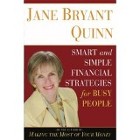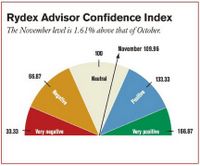 Before you pop that cork at twelve bells tonight, take a moment to appreciate the history of Champagne.
Before you pop that cork at twelve bells tonight, take a moment to appreciate the history of Champagne.The name "Champagne" is derived from the Latin word campagna, originally used to describe the rolling countryside north of Rome. Since the Middle Ages it has referred to the province in northeast France which is known for its production of the bubbly beverage.
The seventeenth century Benedictine monk, Dom Perignon is frequently credited with inventing the process with which the best Champagnes are made, methode champenoise, a unique process where each bottle becomes its own fermentation tank. While how much credit for the invention of champagne should be given to Dom Perignon is still debated, there is little doubt that he was responsible for the concept of cuvee, where different grapes from different vineyards are blended to create a harmonious whole.
The elaborate and time consuming fermentation process, while automated for efficiency, is still used today. So, when you greet the new year, you're toasting with the product of centuries of tradition. Cheers!

















































